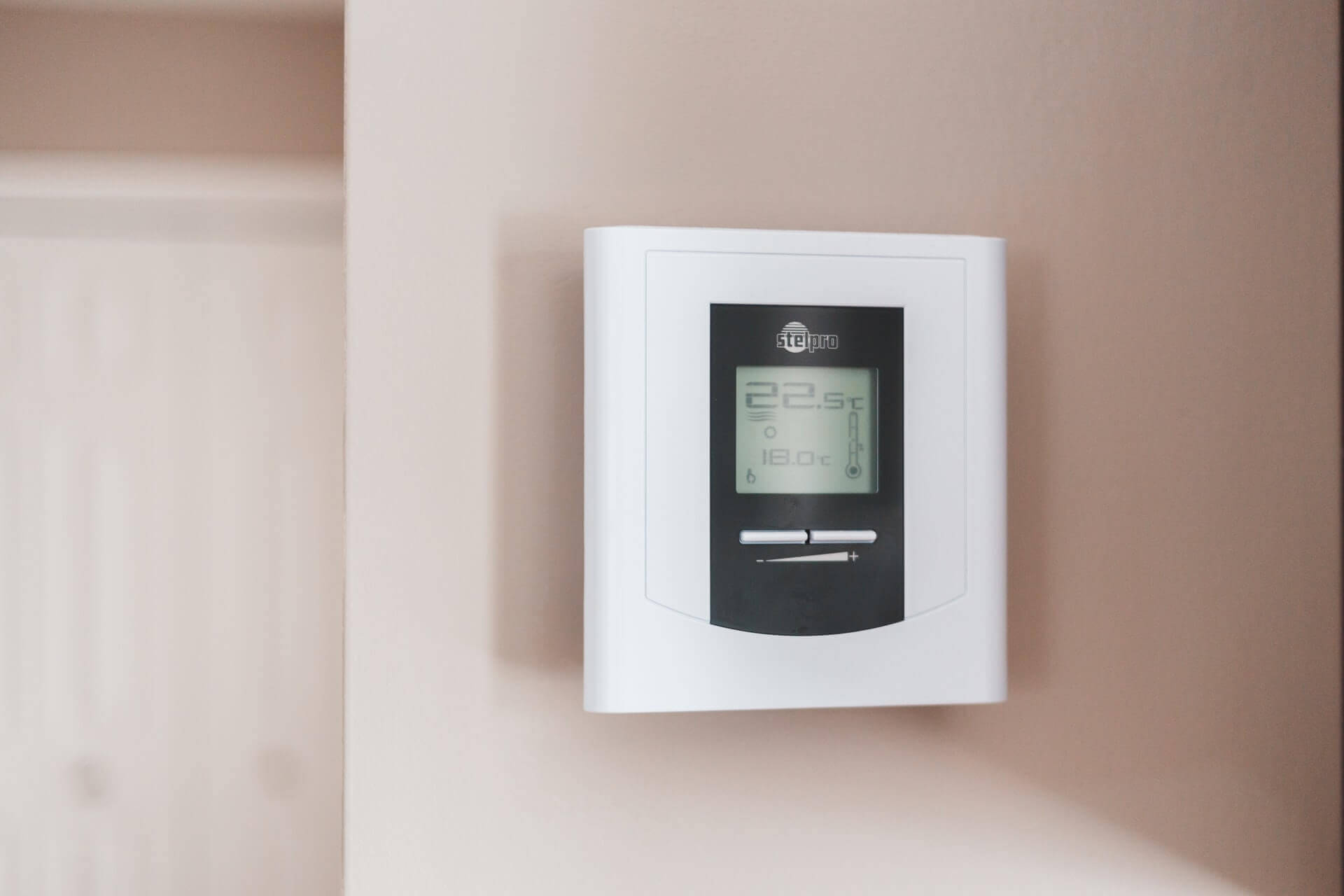The tell-tale signs of a faulty heating system: when should repair or replacement be considered?

A faulty heating system can cause inconvenience and compromise your comfort at home. It is important to be alert to the tell-tale signs of a heating problem in order to take appropriate action in a timely manner. In this article, we'll look at the signs that indicate a faulty heating system and determine when it makes sense to consider repair or replacement.
- Insufficient or uneven hot air: If you notice that your heating system is not producing enough hot air to properly heat your home, or if the heat is uneven from room to room, this may indicate a problem with the system. Clogged ducts, dirty filters, or faulty components can be the cause.
- Unusual noises: Abnormal noises such as squeaks, whistles, snaps, or rattles from your heating system are signs of a potential problem. These noises can be caused by worn parts, loose components, or mechanical malfunctions.
- Energy bill increases: If your energy bill increases significantly without any other plausible explanation, it may indicate a decrease in the efficiency of your heating system. A faulty system can consume more energy to function properly, which is reflected in monthly bills.
- Temperature fluctuations: If you see significant temperature fluctuations in your home, where it is hot and then cold for no apparent reason, this may be a sign that your heating system is malfunctioning. This may be due to temperature control issues, faulty sensors, or an overall system malfunction.
- Poor indoor air quality: A faulty heating system can cause indoor air quality to deteriorate. If you notice increased dust, unpleasant odors, or excessive humidity, this may be due to clogged filters, clogged ducts, or a malfunctioning ventilation system.
- Starting problems: If your heating system has trouble starting or stops intermittently, this may indicate problems with the engine, ignition, or electrical systems. These issues may require immediate attention to avoid total system failure.
- Age of the system: Heating systems have a limited lifespan. If your system is more than 10 to 15 years old, it may be more likely to have frequent problems and be less efficient. In this case, consider a replacement for a newer, more reliable system.
Depending on the severity and frequency of the problems encountered, you will need to determine whether a simple repair is sufficient or if it makes more sense to replace your heating system. In some cases, a minor repair may be all that is needed to fix the problem. However, if your system is old, expensive to repair, or has recurring problems, a replacement may be the best long-term option to ensure efficient and reliable heating.
It is recommended that you contact a heating professional to assess the situation and provide you with the best recommendations. An expert will be able to guide you in choosing between a repair or a replacement based on the condition of your system, its performance and your budget.
In conclusion, paying attention to the tell-tale signs of a faulty heating system is essential to take appropriate action in a timely manner. If you have ongoing problems with your heating system, consult a professional for a thorough evaluation and accurate recommendations. A properly functioning heating system ensures your comfort and peace of mind during the cold months.
Guarantee: No traces, no stress — only lasting results.
5 000 +
96%
$6,275



.avif)



